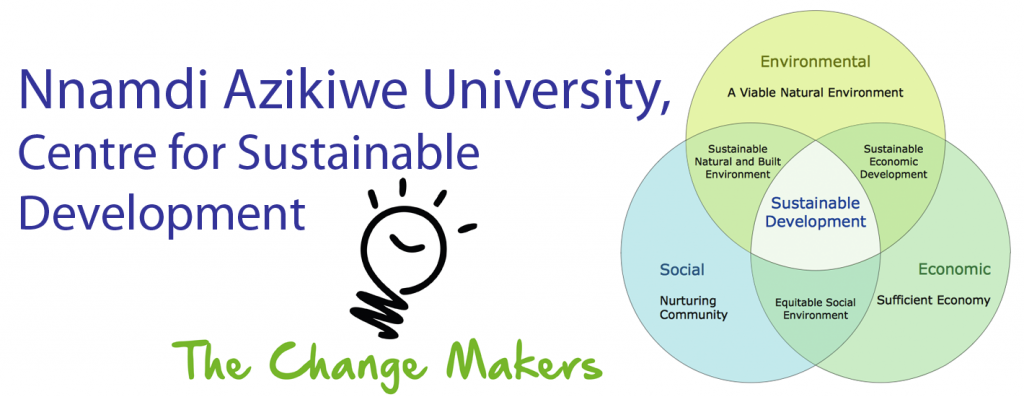
The Centre has the following objective:
- Provide a platform for the University to engage in developmental activities in its catchment area. This would require different disciplinary areas (education, health, engineering, agriculture, nutrition, communication, etc.) working together to deliver development interventions.
- Disseminate technologies and innovations generated in or adapted by the University to improve the quality of life of the people.
- Promote collaboration at the interface of science, engineering and the social sciences and organize research in a trans-disciplinary context in cross-cutting issues with implications for sustainability and sustainable development, such as food security and sustainable agriculture, climate change, environmental sustainability, biodiversity, renewable energy, water resources management, etc.
- Work with faculties and departments to expose their students, where possible, to the challenges and problems of the rural areas and populations as part of their industrial/practical year experience, such that the students acquire the requisite practical experience critical to their academic or professional training as well as the consciousness of the problems of the rural communities. The latter has huge potentials for generating innovative ideas in these students.
- Develop and implement curricula, based on experiential outcomes, for university-wide courses in rural development, community development and sustainable development, to include general studies and elective courses and graduate programs in these areas leading to the award of Masters and Doctorate degrees, again in a transdisciplinary framework.
- Act as a bridge between the different faculties and research centres across the University and with other universities, higher institutions and non-governmental organizations with similar objectives, locally and internationally, in order to drive the sustainability and sustainable development agenda.
- Promote sustainability within the University as it affects the immediate environment, the design of buildings, utilization of energy, and the adoption of green technologies.
- Work with relevant faculties and departments to introduce and practice the concept of green chemistry and green engineering.
- Undertake strong policy advocacy in sustainable development, based on empirical, evidence-based results, in order to influence Government action and public opinion in these domains, thus making the University a big player in public policy articulation.
- Undertake any other functions as may be assigned to it by Senate or in response to local imperatives and global trends in furtherance of sustainable development.
